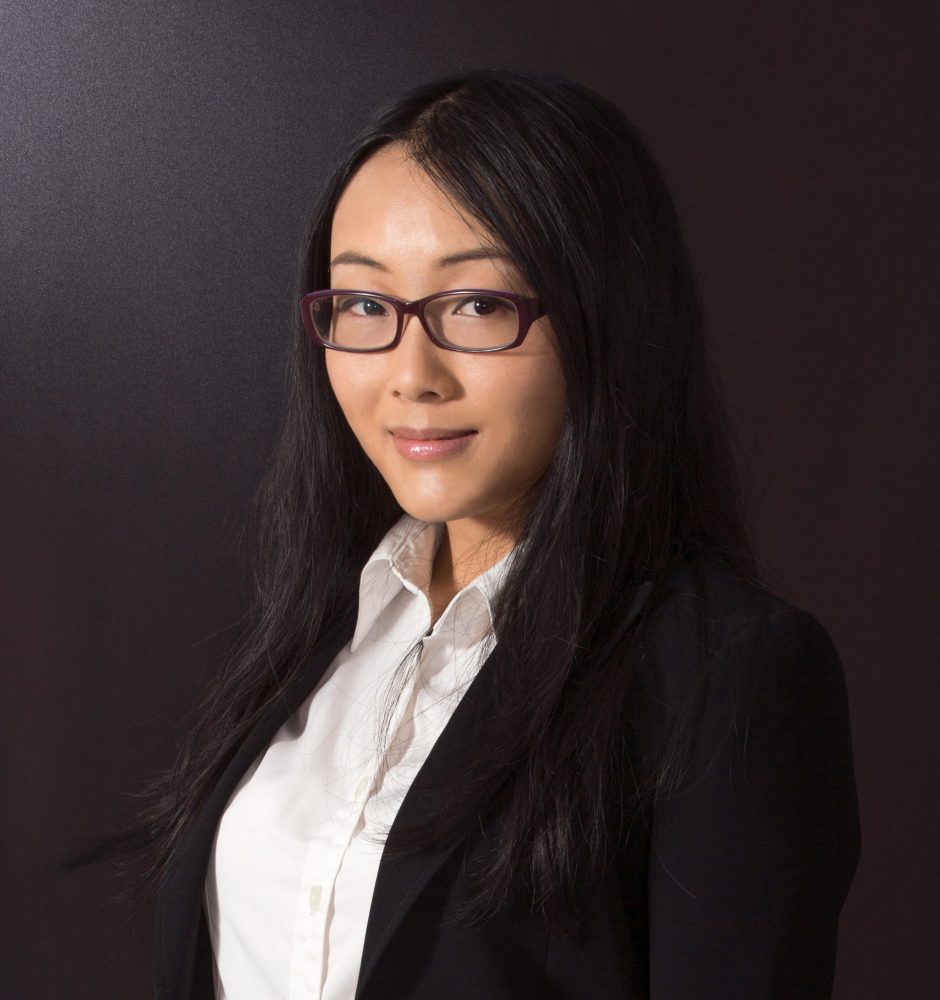The pressure on Hong Kong’s catering industry is unprecedented: rising rents, wages, and ingredient costs are squeezing profit margins, while increasing labor costs make it difficult to recruit and retain staff. Consumer spending is shifting northwards, and tourist spending has yet to fully recover. The entry of mainland brands has intensified competition. The macroeconomic outlook is uncertain, and consumer preferences are changing, with people becoming more frugal. In an effort to turn things around, some groups have launched promotions at several of their upscale restaurants.

Currently, public housing tenants earning more than HK$60,000 per month can use the Green Form to apply for flats under the Home Ownership Scheme (HOS). The Green Form is reserved for people already living as public housing tenants. On the other hand, people not living in public housing but earning the same income level are barred from applying for the White Form Secondary Market Scheme to purchase HOS flats, as their income exceeds the eligibility limit. Next, although the Housing Department aims to encourage upward mobility through the purchase of HOS or private flats, the threshold for evicting tenants living in public housing is set at a cumulative HK$125,500 for a three-person household’s monthly income. So long as they collectively earn less than HK$125,500 per month and can pay their rent, they can stay and then buy a flat. Dr. Vera Yuen, Lecturer in Economics at HKU Business School, commented, “Those earning HK$20,000 to HK$40,000 per month and renting privately can struggle to pay their rent, exhausting their monthly income. But in public housing, even those earning over HK$100,000 can remain—it’s actually very difficult for the Housing Department to evict these people earning a relatively high income from their public housing flat.”
Immigration figures suggest Super March could be driving a rise in overseas visitors. Between March 1 and Wednesday, 886,356 overseas visitors entered the city, a 13 per cent increase over the 784,676 in the same period last year. However, University of Hong Kong economics lecturer Vera Yuen Wing-han expressed doubts that the Sevens and Art Basel would create the desired multiplier effect on the economy, noting that many of the events had run for years.
Hong Kong’s trams have been a city icon for over a century, but ridership remains 15% below pre-pandemic levels due to slow speeds from traffic congestion. Dr. Vera Wing-han Yuen, an economics lecturer at the HKU Business School, highlights a unique advantage of trams—their ability to access Happy Valley, an area not easily reached by the MTR. To improve efficiency, dedicated tram lanes could help reduce delays. She also sees AI-powered scheduling as a solution: “AI can adjust schedules based on real-time traffic conditions, ensuring smoother and more evenly distributed services throughout the entire route.”
特首李家超即將發表首份施政報告,房屋政策將是重點之一。香港大學經管學院學者倡議改革公屋編配制度,將高生產力公屋戶集中於市區,預期最終可為高生產力公屋戶,每年可減省19億元交通費和1.1億個交通時數
多屆特首都強調會重點處理房屋問題,結果多年仍未解決。新一屆特首快將上任,趁新舊交接,檢討一下房屋供應問題。
第五波疫情單日新增確診終於回落到3位數,特首林鄭月娥宣布不會再每天上午11時舉行疫情記者會。市內交通開始繁忙,街上人頭湧湧,大家都急不及待外出消費玩樂,報復疫情所受的遏抑。雖然確診數字下降令人鬆一口氣,但很多弱勢仍活在水深火熱中。本篇將會詳述新冠疫情下3個弱勢群體如何受到打擊。
特首林鄭月娥稱很多專家認為疫情以來第五波死亡率高,是因為長者接種率低,接種率低是因為長者及其家人有疫苗猶豫。疫苗可預防疾病科學委員會主席劉宇隆講述疫苗猶豫的成因,並叫大家反省過去一年的打針行為及言論。
財政預算案推出多項紓困措施,再次派消費券,又立法禁止業主向特定行業追討租金。在受疫情重創,社交距離措施進一步收緊下,預算案能否做到撐經濟,保民生?





